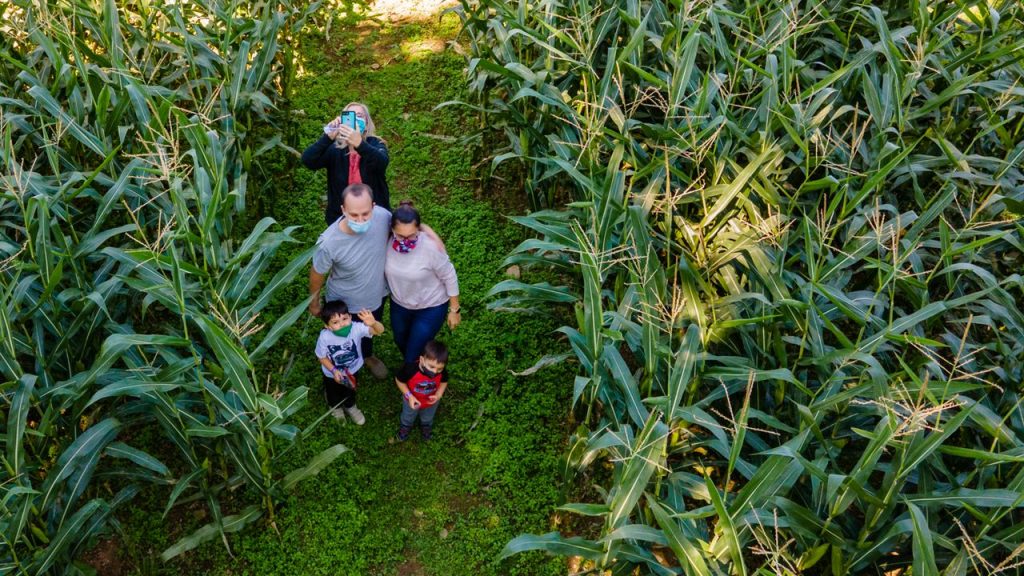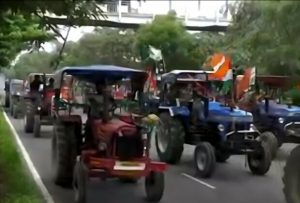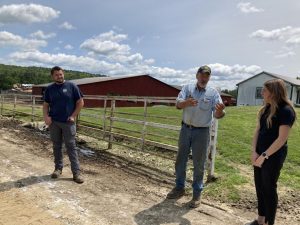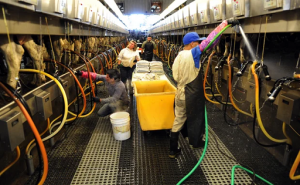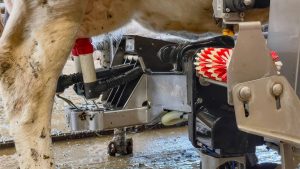
The state House of Representatives approved a bill Friday that would give farmers protection from liability lawsuits emanating from accidents on their grounds.
The bill now goes to Gov. Tom Wolf’s office for possible enactment. A Wolf spokesman said Friday the legislation is under review.
Prime sponsor Rep. Barb Gleim, R-Cumberland County, said a large number of farm owners in her district are involved in some type of agri-tourism, a catch-all phrase that captures activities ranging from roadside markets, school field trips and pick-your-own-produce opportunities, to haunted hay rides and cornfield mazes in the fall.
Those extras can make the difference between having a positive year on the ledger as opposed to ending up in the red, especially for small family farmers, said Gleim, whose family used to run Halloween-themed events on its own farm property before she was elected to the House.
To qualify for the immunity under her bill’s terms, farm owners are required to post warning signs about the general risks associated with things such as uneven terrain, interacting with livestock, etc., and also requires any visitors to sign a waiver stating they are willing to assume those risks.
The immunity, however, would not apply to acts of gross negligence, criminal conduct, or failure of operators to issue clear warnings about any dangerous situations that arise. The farm immunity also would not apply to any problems that arise with overnight accommodations, food or beverage service, or concerts or weddings.
The bill passed the House on a 147-54 vote Friday, after getting a 48-2 vote in the state Senate on Thursday.
According to state agricultural census figures, more than 700 Pennsylvania farms engaged in agritourism activities in 2017. But farm leaders said Gleim’s bill would remove what has been a major obstacle for many more families that have wanted to use agritourism to diversify their income streams.
“Farms are natural environments,” noted Liam Migdail, a spokesman for the Pennsylvania Farm Bureau. An orchard that lets people pick their own apples is by definition bringing people onto grounds that feature tree roots, gopher holes and other potential hazards. At dairy and crop farms silos, ponds, heavy equipment and farm animals are especially enticing for children to climb or play on.
Because of the liability that poses, Migdail said, many farm owners have either not been able to get liability insurance to cover public visits to their farms, or they’ve faced premiums that are so high as to be cost-prohibitive.
“I think we’re going to see a lot more agritourism now that this legislation has taken that barrier out of the way,” Migdail said.
If, that is, the governor signs in.
For Gleim, it was the second time around on this issue.
A similar proposal made it to Wolf’s desk in 2020, but fell victim to the governor’s veto pen when it was attached to a broader bill that would have given all sorts of businesses and industries liability protections from suits arising from the coronavirus pandemic.
“Unfortunately, a fun day at the farm – a corn maze, October hayride or a haunted field – can turn into a frivolous lawsuit and cost a family their entire farm,” Gleim said earlier this year. “My legislation would protect agritourism business from lawsuits where no party is at fault for injuries or damages.”
“This is definitely going to help some of those who are struggling stay in business,” and it may interest more farm families in finding extra activities that work for them, Gleim said.
